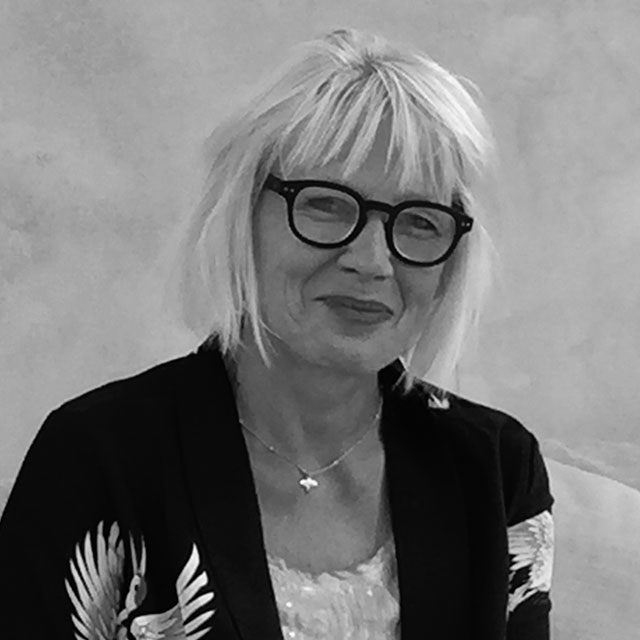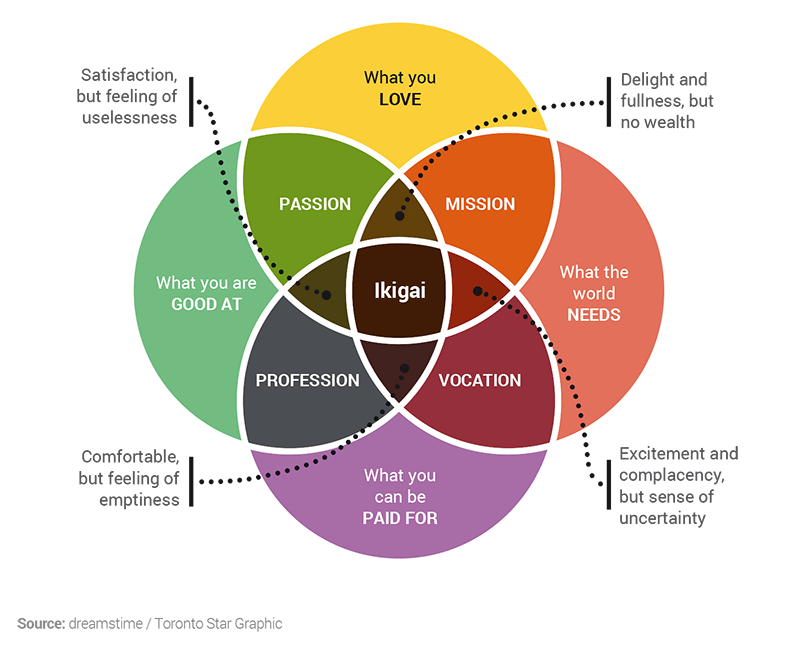
By Sabine Hoffmeister
Most of us will ask the following question at some point in our lives: What is the purpose of my life? This is just one of those existential questions that we often ask in moments of change or during challenging circumstances.
When life is easy, fun, and you are aligned with your purpose, you may not even stop to think about it. But when you experience difficulties or are faced with a big choice, it’s normal to ask questions about life related to purpose.
The events of the last two years, with the arrival of COVID-19, have had more of an impact on many of us than any event since the Second World War. The degree of uncertainty faced has left many people questioning if they are spending their lives wisely. Many have faced the trauma of bereavement, job loss, impact on their children, lack of social contact, etc. meaning that we are now experiencing the ‘great resignation’, people leaving without a job to go to as they ask, ‘does my life have meaning, or a purpose’?
Each of us has an individual purpose – something that will help bring true fulfilment when you live in alignment with it.
The Art of Purpose – the big Why
Purpose. It’s a common enough word but it is full of depth and meaning. Your purpose, as an individual, is an answer to the question: Why do I exist?
Some people know the answer to this question and can share it without a second thought. They might know that their purpose is to spread joy, to save animals, to help people, to serve God, or to save the planet. They may have always known deep-down what they are here on Earth to do and live it out each day. Other people, most likely the majority of us, have a much harder time identifying our purpose, and perhaps we have never even thought of it before. Or, we can be influenced by the environment around us trying to dictate things that are important.
Let’s look at what might help us work through this question.
There is a Japanese concept, ikigai, which helps illustrate what purpose is. Ikigai means ‘a reason for being’ and refers to a concept of having direction in life with a sense of fulfilment. This guides the person’s actions and gives them satisfaction and a sense of meaning. Ikigai combines the terms ‘iki’, meaning life or alive, and ‘gai’ meaning benefit or worth. Combining these two means ‘a reason for being’ or ‘raison d’être’ and this guides the person’s actions and gives them satisfaction and a sense of meaning or purpose.
To find ikigai, or your purpose, look at these four intersecting elements:
- What you love – these are the things you love to do and what you are passionate about. It intersects with your passion and your mission in life.
- What you’re good at – we all have natural and learned skills. What are you good at? What set of skills have you developed? This will overlap with your passion and your profession.
- What the world needs – this is a subjective question, because we all perceive things differently. From your perspective, you might see that the world needs more love and joy, or maybe it needs more structure and order. Whatever you perceive the world as needing, this will inform your mission and your vocation.
- And what you can be paid for – at the end of the day, we all need to pay bills. So, something that you can be paid for will intersect with your profession and your vocation.
Another way of looking at purpose is by relating it to virtues, which are the essence of your character and what you live out each and every day. For example, the Romans lived by virtues such as fidelitas, disciplina, and fortitudo (loyalty, discipline, and endurance). Today, others might have virtues that are important to them, such as helpfulness, honesty, faith, or generosity. These virtues speak to the core of who you are as a person and what is important to you.

The Canadian psychologist Jordan B. Peterson, author of The 12 golden rules for life: An antidote for chaos states that ‘only the pursuit of happiness is a pointless goal’ whereas the search for meaning is a worthwhile path.
Cognitive–Behavioral Therapy emphasises that pursuing activities that produce enjoyment and a sense of mastery, can offer a way to alleviate depressive disorder.
And the Flow Concept – described as a string of ‘best moments’ or moments when we are at our best. These best moments ‘usually occur when a person’s body or mind is stretched to its limit, in a voluntary effort to accomplish something difficult and worthwhile’ (Csikszentmihalyi, 1990).
It could be said that Flow occurs when there is a combination of consistently doing something you love and that you are good at, with an added benefit of bringing value to others’ lives. If so, flow might be seen as being in tune with your ikigai, or activities that give your life meaning and purpose.
How to Find Your Purpose for Life
Once you have a better idea of what purpose is, it is important to spend some time thinking about your own purpose and articulate it. This can help provide clarity about what is important to you and where you want to go in life. The best way to find your purpose is to be introspective and ask yourself some questions. Consider these prompts:
- What do you love? What did you love as a child?
- What are you passionate about?
- What is something that needs to be solved in the world and how can you contribute
- What are you best at? Where do you get recognition?
- What drives and motivates you?
These questions, along with the four aspects of ikigai described above are an excellent starting point to begin to understand your own purpose. It’s okay if you don’t have all the answers right away – it’s a complex topic and may take some time to really understand.
Purpose at Work
As you begin to think about your purpose, you might start questioning the choices you’ve made in life and wonder if the two are aligned. Many people will have a moment of clarity about their purpose and realise that their relationships, hobbies, or job no longer fit into that purpose. For example, if you realise that your purpose is to help people, you might feel that your sales job is not aligned with that and seek out work as a nurse or counsellor. But the reality is likely to be very different – have I the potential to be a counsellor or nurse, what training will I have to have? Maybe, when you think about it, in the job in Sales, your purpose is to help people find solutions to their problems – you are helping people.
Now, to be clear, your personal purpose in life does not have to be the exact same purpose of the company or organisation that you work for. But the two do need to be in alignment with one another so that you are staying true to yourself and a purpose.
It can be that, if you feel your purpose is to help young people, that you use your job to provide money so that in your spare time you can coach your local children’s sports teams. So long as you feel your company acts ethically in what it does, you may be able to fulfill your purpose outside of your work.
If your company has strong ESG goals, Environmental, Social and Governance and you can see the good they are doing, this may be more than sufficient.
If you are at a point where you feel the need to seek your purpose, or Ikigai, treat it as a journey, not necessarily a one-off exercise. While your desire to achieve and contribute may always be there, your priorities may change – as your children grow up, or you have to care for someone else. As these moments/changes occur, it is well worthwhile to take the time to review – am I in balance, am I being fulfilled, what else could I be doing?
Remember, the aim is to feel more fulfilled – not fretting as to whether I have found my true purpose in life!
The Lived Experience, Working Life in the 21st Century:
This is one of a series of 13 practical articles on leadership written by the Future Work Forum (FWF) for the European Foundation for Management Development (EFMD), an accreditation body for business schools globally with a membership of 30,000 management professionals. Our partners have contributed to a special edition of their Global Focus magazine.

About the Future Work Forum:
The FWF exists to explore the working world of tomorrow. It is a think tank and network of highly skilled experts who share a passion to create a better, more humanised workplace, inspiring a new generation of leaders.

